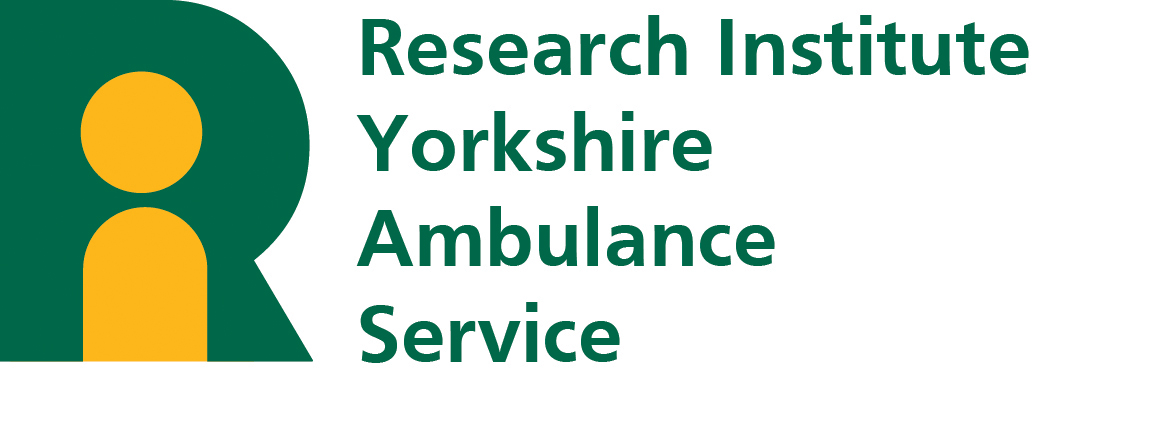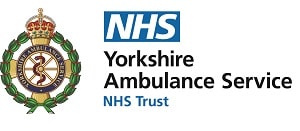Yorkshire Ambulance Service awarded funding to improve care for patients with incidental findings
29 May 2025

Yorkshire Ambulance Service NHS Trust (YAS) has received funding from the National Institute for Health and Care Research (NIHR) for a new research project which aims to improve care for patients with incidental findings that are identified during an emergency response.
When ambulance crews respond to emergencies, unexpected health problems are found in one in six patients and are not related to the emergency that the patient called about. These ‘incidental findings’ can include an irregular heartbeat, diabetes or high blood pressure, and patients may not know that they have these conditions so they remain untreated.
Highlighting unexpected health problems early can help people get treatment to prevent serious illnesses, like strokes and heart attacks.
The PERIFERAL project (Pathway enhancement for the referral of non-conveyed patients with incidental findings encountered by ambulance clinicians) intends to describe the patients who have incidental findings and what happens to them, as well as report how UK ambulance services currently manage incidental findings. The research will also identify what aspects of current processes work for staff and patients, and what needs to be improved or changed.
The research project will use what has been learned to develop and refine a standardised referral pathway for incidental findings in ambulance services.
It will take place over 24 months, starting in October 2025, and be led by Dr Caitlin Wilson, Senior Paramedic Research Fellow at YAS, with collaborators at the University of Sheffield, North East Ambulance Service NHS Foundation Trust, Northumbria University, and the Hull York Medical School at the University of York.
A dedicated patient panel has also been set up to contribute lived experience to the project, helping to shape the interpretation of data, inform recruitment strategies, and support the development of clear and accessible study materials.
Dr Caitlin Wilson said: “I’m delighted that we have received funding from the NIHR for the PERIFERAL project. Ambulance services and ambulance clinicians across the UK vary in how they manage incidental findings. Some take patients to the emergency department, and others recommend that patients see their GP - but we do not know if patients follow this advice.
“I look forward to working with our collaborators to explore the current processes, and how we can improve care for patients with incidental findings. This will help to reduce missed diagnoses, prevent long-term health complications and align with public health priorities.”
For more information about the Trust’s research projects, visit the Research Support page.
Produced by: Corporate Communications Department

